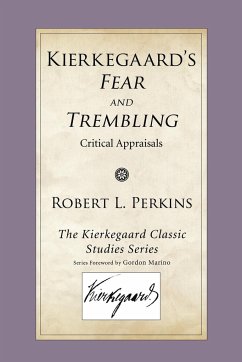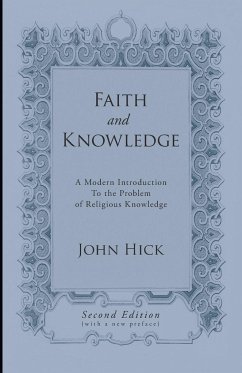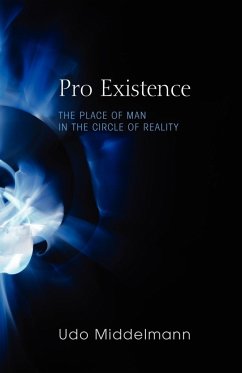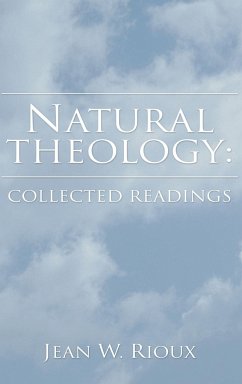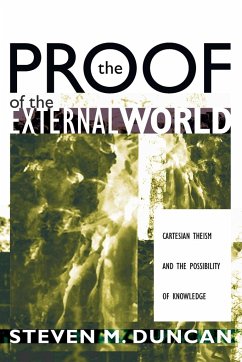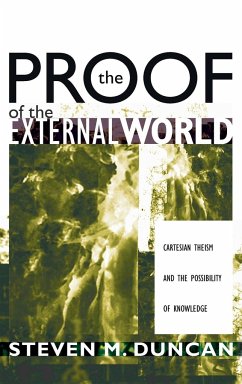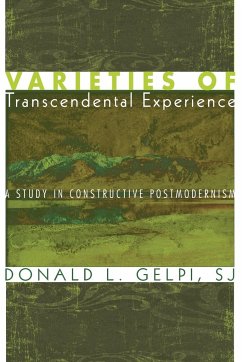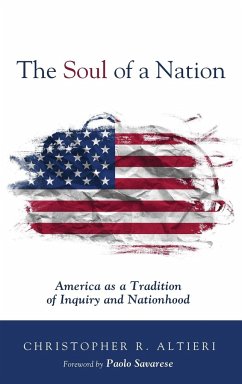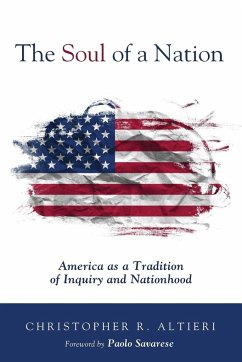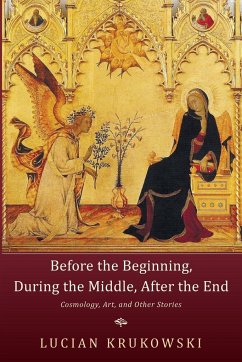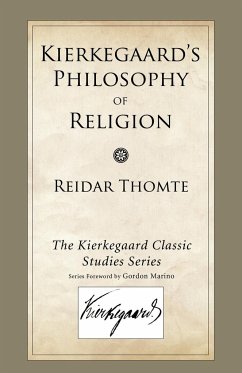
Kierkegaard's Philosophy of Religion

PAYBACK Punkte
12 °P sammeln!
Reidar Thomte's Kierkegaard's Philosophy of Religion is an excellent read for students beginning their study of one of the ""greats"" of nineteenth and twentieth century philosophy. Thomte directly appropriates Kierkegaard's insightful language and discussion of the theological and philosophical issues that stimulated him, all of which are still alive and well today. This approach has the happy result that readers seeking an introduction do not have to be led through technical debates in order to approach Kierkegaard's thought. Thomte is a master of incisive summary; his presentations of cruci...
Reidar Thomte's Kierkegaard's Philosophy of Religion is an excellent read for students beginning their study of one of the ""greats"" of nineteenth and twentieth century philosophy. Thomte directly appropriates Kierkegaard's insightful language and discussion of the theological and philosophical issues that stimulated him, all of which are still alive and well today. This approach has the happy result that readers seeking an introduction do not have to be led through technical debates in order to approach Kierkegaard's thought. Thomte is a master of incisive summary; his presentations of crucial distinctions are level-headed and to the point. Kierkegaard's categories such as ""the stages on life's way"" (the aesthetic, the ethical, Religiousness A, and Religiousness B), the individual, subjectivity, the Paradox, the varieties of love, faith and knowledge, etc., are provocative and illuminating. Not only is this book a good a ""starter,"" it is also a comprehensive review of the principal issues in Kierkegaard's philosophy of religion. (by Robert L. Perkins, Editor, International Kierkegaard Commentary)




